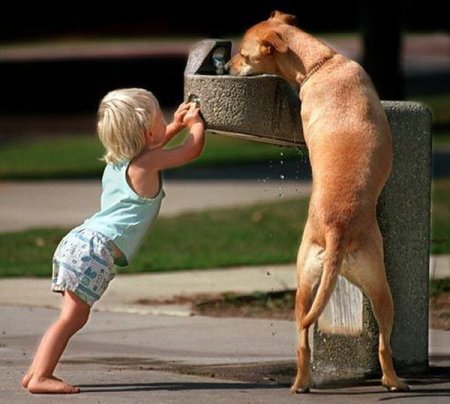Nothing makes a mom more aware of the kindness, or lack of kindness, shown by children than having a special needs child. During a sermon on Sunday, our pastor spoke of “hashtags” or labels as being things others have applied to us in our past. These could be things like #ugly, #stupid, #lazy, etc. What kind of people apply these hashtags to others? And how much power do we give them in our own lives? How can we encourage our own children to be supportive of others and use language such as #friend, #kindness, #encouragement?
I started thinking about my son who was diagnosed with Asperger’s Syndrome at age 4. He is now 18, so we have seen many examples of both good hashtags that have helped to motivate him, but unfortunately negative ones that he has carried around with him like a big battered suitcase. This labeling, both good and bad has come from other children, adults such as teachers and pastors, neighbors and even family members. But what struck me while listening to the sermon on Sunday was this: Why do some kids seek out opportunities to give a kid who feels awkward and out of place a boost up and others feel the need to give the kid a swift kick?
It isn’t just taking your child to church or enrolling them in Boy Scouts that is going to make the difference. How do I know this? Because I have experienced it first hand. The two boys I will mention in the blog were both raised in Christian homes, were active in church, and involved in Scouting. They both came from middle to upper middle class families with educated parents. The parents of each boy were active in their communities and seemed to have positive, loving relationships with other family members. But that is where the similarity stops.
Boy #1 was there for my son at a critical point in his life. We had just moved the family to Germany and my son didn’t know anyone there. Boy #1 made a special point to introduce him to his friends, show him around the school, invite him to Scouts and enthusiastically greeted him at the first meeting. Through the kindness of this boy, my son felt welcomed and affirmed. He made friends and adjusted to the new school better than we had dared to dream. The boy continued to be a close friend, always including him in parties and outings until the family moved away.
Fast forward 3 1/2 years later. My son was just starting middle school (ugh!) and we had just moved back to the small town in Georgia that we had lived pre-Germany. Boy #2 seemed at first like a great prospect to help ease the transition here. But rather than show kindness and compassion, he fluctuated between indifference and discouragement. If my son wanted to try out for a school team, Boy #2 had to point out that he didn’t stand a chance at making it. If my son made a statement at a scout meeting, Boy #2 felt the need to put him down for it. The arrogant way in which he disregarded my son was almost more cruel than if he’d called him names.
This young man had an opportunity placed in front of him to make a true difference in the life of another human being, but instead chose to be a detriment to my son’s attempts to make friends and fit in. What, if anything could his parents have done to encourage him to treat my son with kindness and apply a hastag like #Youcandoit!? With all of the blessings Boy #2 had in his life and the talent and popularity he possessed already, why did he feel the need to apply #loser, #friendless, and #notworthmytime?
I think as parents we need to enter into discussions with our kids about kindness. Yes, we need to model it in our own interactions with people but we cannot assume that our children will just absorb that by osmosis. When we visit our child’s classroom we can spot the awkward kid who needs friends from a mile away. Ask your child about him or her and if they ever play with them at recess or sit with them at lunch. Make a point yourself of interacting with that child when you are there. As a former teacher, it is amazing how much it matters when a child has a visitor take an interest in him.
Describe ways that your child could be a friend and what a difference that could make in the life of that person. Some of these kids can be hard to love and act in ways that don’t suggest they want friends. If you observe these behaviors, you as the adult can help your child understand the reasons that could be causing them.
Every single day I crave more kindness in the world. It just seems to be in short supply these days. Let’s help our kids learn kindness at an early age. They will be the better for it in the long run if they can live in a more positive world. Boy #1 is still someone that I cherish. He is now a student at Virginia Tech and I will never forget the positive contribution he made to my son by being his friend and giving him a place in the social strata of school life.
If you have suggestions that have helped your children demonstrate kindness to others, I would love to hear from you.


melissamiles1
Thanks for taking the time to read it Andy. Sometimes I think as parents we think that our kids will intuitively pick up on things that we learned over years of living. 🙂 Having these conversations can be really helpful for them. Thanks for all of your wonderful sermons that make me ponder!